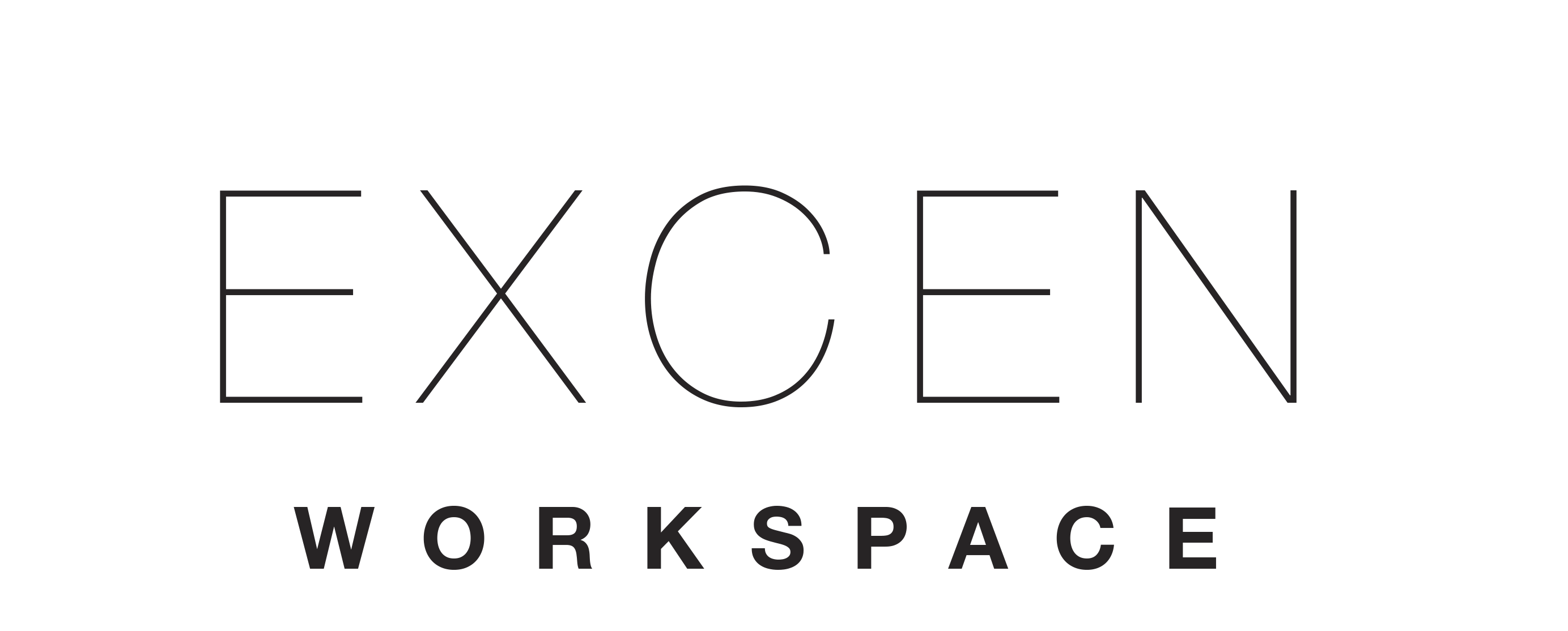The world has changed with COVID-19 and businesses are looking at their structure and overheads like never before. While most of their employees under 40 are relishing flexible working and from all accounts resisting the return to a workspace, others are floundering in their home office, feeling unconnected with their Company, co workers and the world.
The new hybrid office is the workspace solution to these changing times.
We are seeing a huge trend for bigger companies with 4 to 8 employees to shed their traditional office leases in favour of a fully furnished, fully serviced, flexible office space. With so much uncertainty, Company’s are reluctant to commit more than 12 months and are moving to a serviced office solution where office space can be upgraded or downsized without notice.

Typically, say a third to half of staff will want the structure of an office more than half of the week and the other third to half of staff will collaborate with their co workers at least one day per week, in a serviced office space or meeting room. They could also return in teams, with one team Monday, Tuesday and Wednesday and the other Thursday and Friday, rotating fortnightly .
Zoom meetings are convenient when there is no other alternative, but feedback from businesses indicates its not ideal, you don’t cover all the issues, can’t read body language and different internet speeds and connectivity makes for delays and pixilation. A central meeting space for employees is critical for team building, mental health and productivity.

Serviced offices offer a variety of spaces and budgets in the one location. Typically a Company moving from a traditional lease to serviced office space will reduce their costs initially i.e. take a smaller office space or an internal office. Feedback indicates this workspace changes in the first 3 months as they try to find their “new normal”, changing the space according to the employees they need to accommodate at least part of the week.
As working from home becomes completely normal and acceptable as part of doing business, there may never be a need for some companies to commit to a traditional office lease again. The new way of working will be to minimise overheads, maximise employee productivity and reduce the workload of managing space by taking a serviced office.

Companies are also looking at building access and communal spaces as obstacles. Buildings without lift access are also now preferable, so employees avoid additional touch points and waiting time, trying to social distance to get to work, leave work or pop out for a coffee. Communal “break out” spaces are also now a problem with social distancing. You may be in a private office but have to walk past a communal hot-desk area, which is not ideal.
Whether staff and their employers agree to come back part time, full time or not at all to a workspace, a private serviced office, offering flexible terms, options for upgrading or downsizing their office space is the solution. A staffed reception desk to greet clients, accept deliveries and mail, meeting rooms and all utilities and outgoings taken care of, the hybrid office may be here to stay .

